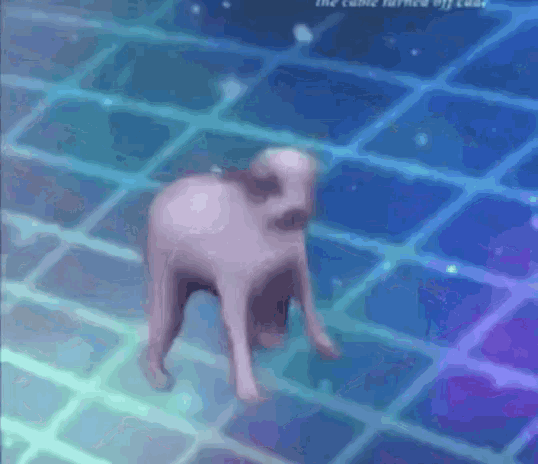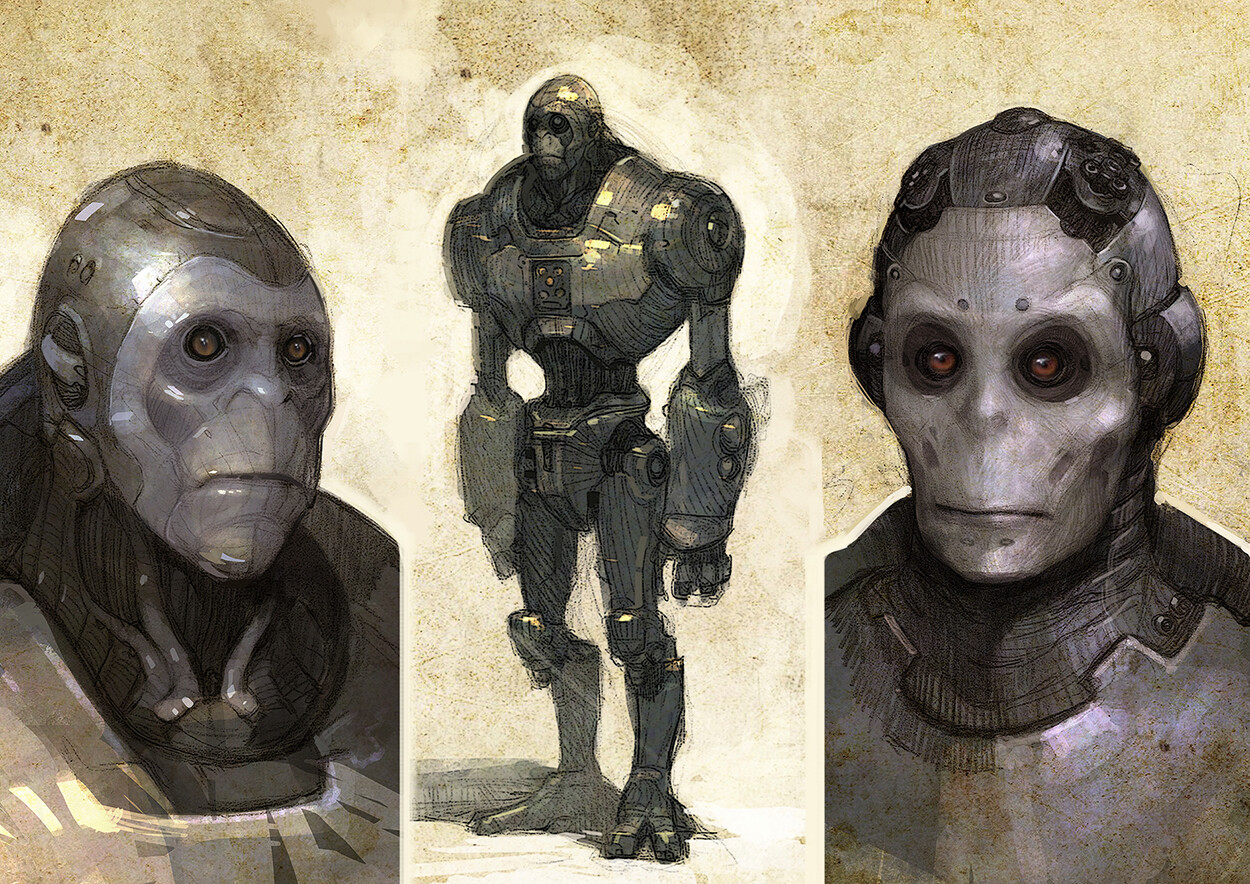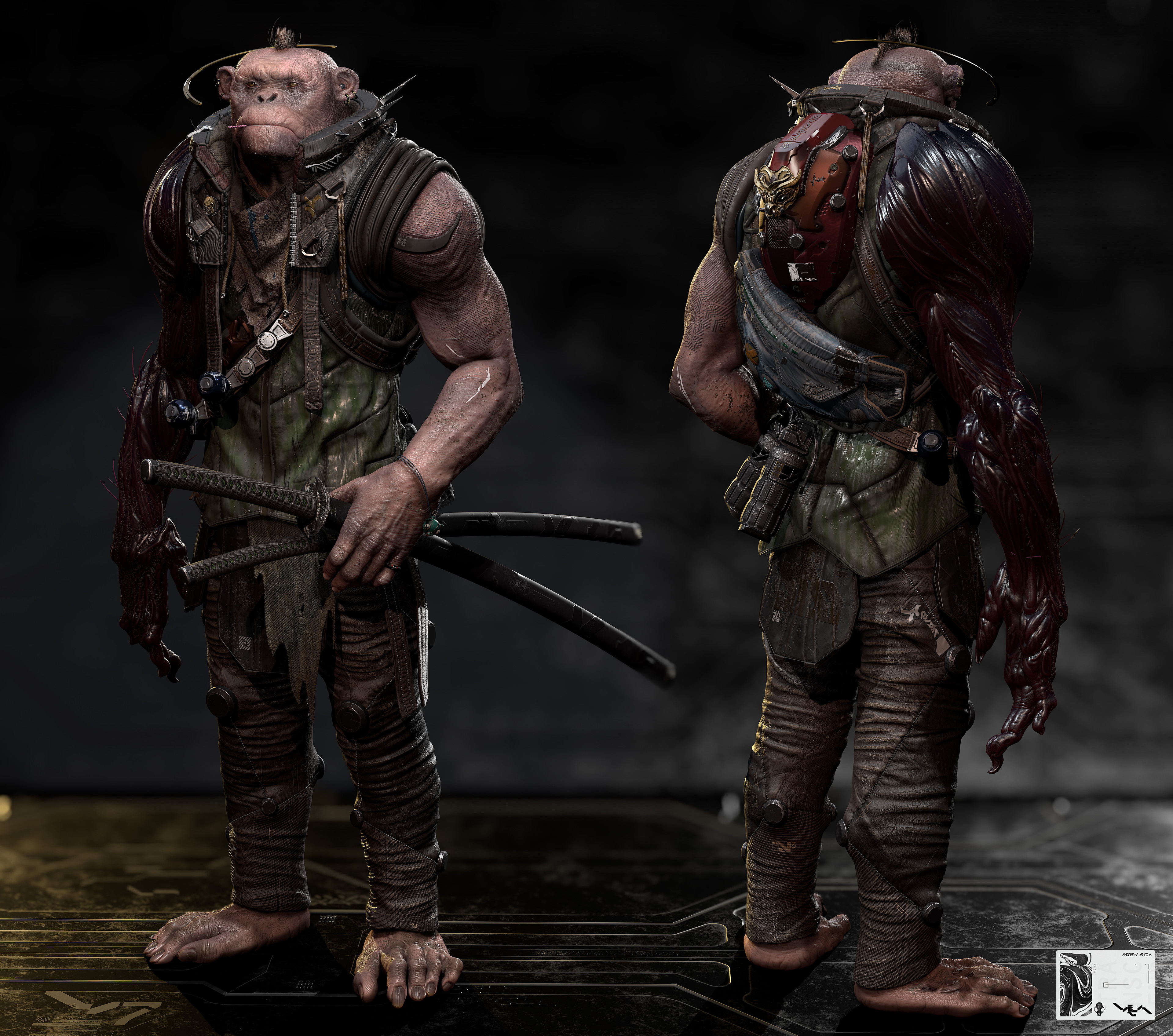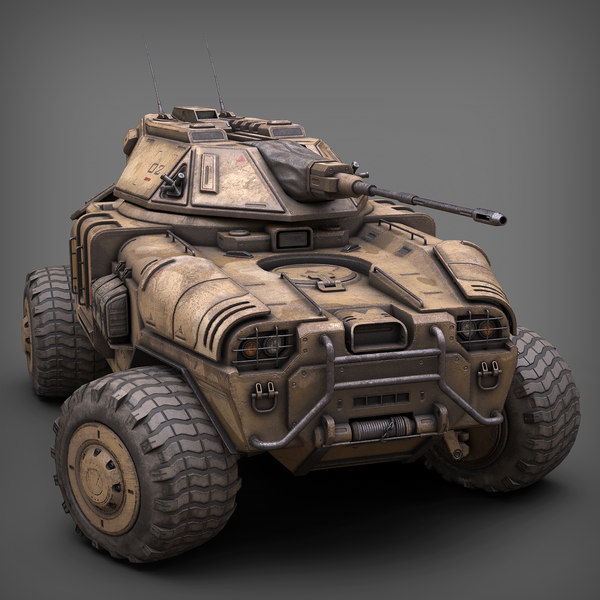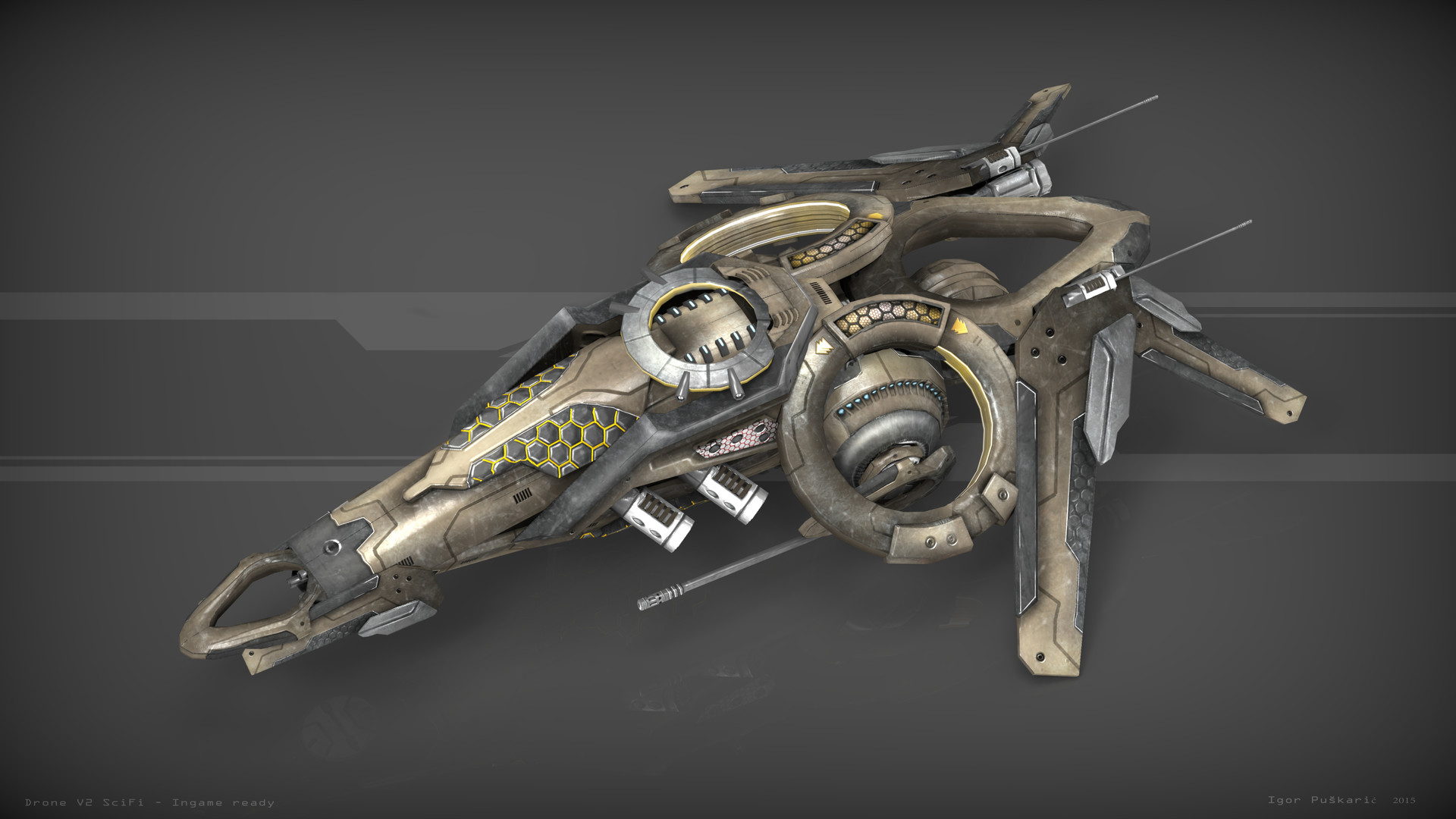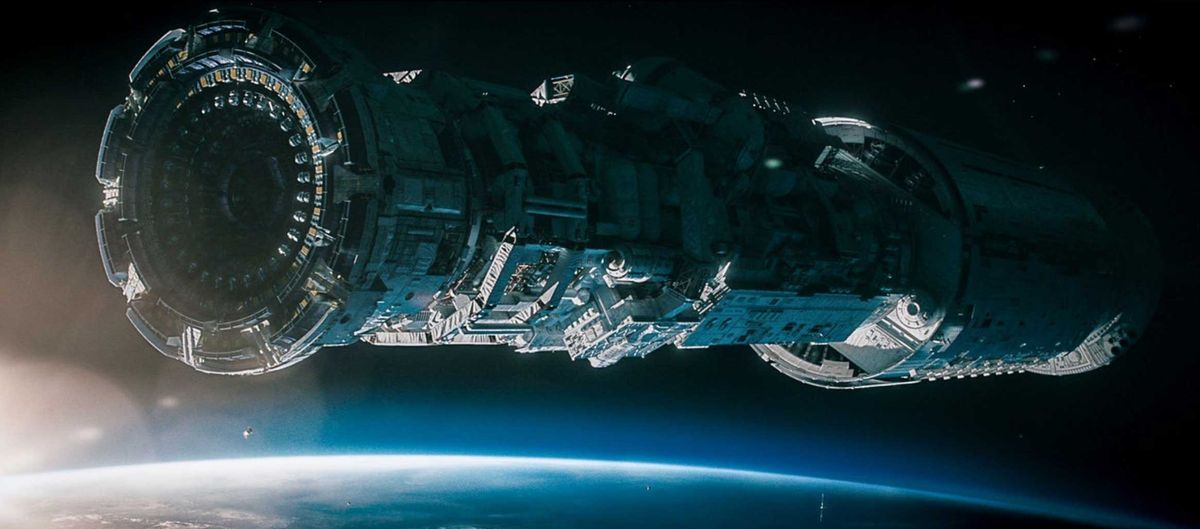Jednost Global Union

: Representative democracy
de jure, xeno-caste autocracy
de facto.
Demographics:
Humans - 92 %
The human population of Jednost is descended from colonists of prevalently Slavic origin, and despite centuries of change and adaptation to a new planet, in many of them traces of distinctive ethnic features are still visible to the attentive socio-historian. The relatively low gravity of their planet has left them noticeably taller and lither than their Earth-born ancestors.
Nuval - 8 %
Believed to be the only sapient non-human inhabitants of Jednost, the Nuval are in truth biomechanical artificial beings created by their secretive masters, the Qolth, to serve as figureheads and mouthpieces in communicating with humanity. Nuval do not reproduce by natural means, but are formed of synthetic flesh vat-grown over a cybernetic framework inlaid with intricate systems to give them spectacular abilities. Their bodies, usually draped in ample sumptuous robes, have broadly humanoid four-armed torsos over flat, sluglike abdomens. Their heads are narrow and featureless, and their hands have each four extremely flexible fingers, capable of rotating at virtually any angle. To compensate for their lack of legs, they move with the help of magnetic levitation systems and retractable spider-like mechanical limbs built into their frames. The Nuval’s construction gives them many redoubtable tools built into their very bodies, ranging from weapons to holographic projectors, but most terrible of all are the neurowave transmitters that allow them to subtly manipulate the emotions of those around them, usually striking them with awe or fear.
Qolth - ???
The hidden masters of Jednost, guiding the fates of the planet from the shadows. The numbers of the Qolth are impossible to properly quantify, since members of their species do not have distinct bodies. Instead, their natural state is that of a thick light blue fluid binding together a network of primitive organs, invisible to the naked eye. A sufficiently complex network becomes capable of controlling its liquid form to move around, and potentially split it into smaller entities, which may in turn recombine again. Because of this state of constant flux, individual Qolth-shards do not have minds or personalities of their own, and act as a collective intelligence that shares all its skills and memories. Thanks to their fluid shape, the Qolth can enter the bodies of organic beings, including humans, and control them like puppets by interfacing with their synaptic systems - an ability that may have been instrumental to the growth of their distant civilization.
Population: circa 830 million total.
---

: Jednost is the second planet from its star, a yellow dwarf somewhat cooler and fainter than the Sun, and the only one in its system to have a dense native atmosphere. A relatively small, light ball of rock with rich subterranean aquifers, but little unfrozen surface water, it is a bleak world of muted colours and endless tundra. While a biosphere existed even before the arrival of human colonists, it had always been pale and anemic, with even the tropical regions rarely supporting anything more than scraggly shrubland haunted by elusive crawling animals, the rare towering spindly-legged behemoths and immense swarms of harmless, but very irritating gnats. The vast frozen poles and boundless expanses of dry wasteland leave little space inhabitable without ample terraforming efforts, and so most of the human population is clustered in metropolitan centers about the equatorial band, where Jednost’s chilly climate is at the very least endurable the year round. The planet has one diminutive moon dubbed Strelka, an ungainly meteoroid which somehow found itself trapped in the planet’s feeble gravity well.
History: The alien structures hidden in the bowels of Jednost's moon suggest that the planet's true history began long before the Gateway first opened onto its system. What that history might have been, however, is hopelessly lost to human knowledge. Perhaps the planet did not always bear life, and its current state is the end result of a terraforming process started millennia ago; perhaps its skies have been the site of battles between tremendous empires now forgotten by the universe; none of that is known. What is know is that the colony ship
Vitus Bering emerged into its pale star's light three hundred years ago, and within weeks its crew had laid the foundations of Ermagrad, which would go on to become the greatest city built on its soil by human hands.
Although life on the newly christened Jednost could hardly be called idyllic, between its merciless winters and melancholy summers, the planet was not actively hostile to its settlers, and so, little by little, scrubland belts were cleared, frozen bogs were drained, tundra strider migrations were contained, trillions of gnats were exterminated. Ermagrad expanded, then it was joined by Sztrelckie, then by Czeragrad, and many others to follow. Despite rapid demographic growth, the fledgling colony's population had a long way to go yet before it began to outstrip the habitable land and natural resources at its disposal, and thus territorial disputes rarely were grounds for conflict. The flipside of this was that the wide stretches of wildland between the rising cities caused them to grow increasingly isolated from each other politically as well as geographically, with every effort to establish a formal global government ending in failure, but in spite of this, for a good Earth century and a half life was good.
And it would have stayed that way, had it not been for the moon.
The early people of Jednost were an adventurous lot, and it was only natural that in time they should have turned to the rest of their sparse system, most of which had only been afforded a few cursory scans before the
Vitus Bering made planetfall. The planet's only apparent natural satellite was an obvious starting point, and an expedition was outfitted to scout its modest surface and probe its geological composition for any useful deposits. There was nothing particularly complex about the venture, and everything went smoothly, until a sampling drill found an unexpectedly yielding point in a crater bed and struck a smooth, dense surface below.
Unbeknownst to Jednost's human population, the orbit-locked meteoroid they had come to know as Strelka was in truth only a skin-deep camouflage for a Qolth Worldship. The aliens were not native to the system, but the massive vessel, gargantuan by the Qolth's more compact standards, had been stranded there for possibly millennia after suffering irreparable damage to its FTL drive and gone into stasis to preserve its core-mind. Awoken by its security systems due to the humans' intrusion, the Qolth did not reveal itself, but dispatched its Nuval constructs to pose as the only occupants of a lost observation station, obfuscating the true size of the installation. The Nuval presented themselves as eager to cooperate with Jednost's people and share "their" technology, which by far exceeded its human counterpart in sophistication, for mutual benefit, and after a brief hesitation their offer was accepted.
What followed was the slow but inexorable subjugation of Jednost to the shadowy will of the core-mind. Using its Nuval proxies, as well as infested agents and cunningly trapped technological gifts, the Qolth spread hypnotic media, subtle doses of mind-altering drugs and seeds of cultural engineering throughout every level of the planetside cities, quietly conditioning their people to unknowingly follow its hidden commands. Within one Earth century, the previously isolationist metropoles had been unified into the Global Union, and the Nuval were much acclaimed for their crucial mediation work. To all evidence, the colony has entered its golden age; but the ugly truth is that it has become little more than contented livestock for the Qolth. Over the course of their silent invasion, the aliens have developed a taste for parasitizing human hosts, impersonating them throughout their lives in what their impersonal minds perceive as an amusing sort of play-acting all while slowly consuming them from within to multiply. Now that the Gateway has reopened, they cast their ravenous eyeless gaze at it, hungering for new materials to restore their derelict ship - and new bodies to devour.

: Even though there has been no real focused attempt to preserve a traditional spirit, Jednost appears to be stuck in the zeitgeist of late pre-collapse Earth, to the point that cultural variations on the joke “you can take the muscovite out of Moscow, but not Moscow out of the muscovite” have become an immortal cliché that has found its way even into scholarly discourse. An atmosphere of comfortable apathy reigns over the planet’s drab metal cities, a sort of placid pessimism that is at the same time jaded and satisfied by things staying exactly as they have been for the last few decades. People waking up to the same gray sky as every other day of their lives will wistfully ponder the lack of any change for better or worse, and in a brief moment of clarity may even wonder whether perhaps something different should happen one day while they reach for the mostly empty bottle of liquor on the kitchen sill - before the narcotics kick in, and the germs of hope are imperceptibly smothered under a chemical shroud.
Such a state of detachement, breeding a weary conformism, plays to the advantage of the Qolth, who maintain it by every possible means at their disposal. Virtually every aspect of Jednostan life bears the mark of their invisible hand, from imperceptible doses of mind-affecting substances in running water and food products, to Nuval patrolling the streets on nondescript official business while irradiating bystanders with their cowing neuro-wave emissions. Most entertainment media has long been supplanted by kaleidograms, projections of abstract, yet mesmerizing permutations of coloured shapes and shades, accompanied by soothing music and heavy amounts of subliminal induction. Even something as innocuous as news broadcasts is styled in ways that would appear garish and uncanny to those not used to them.
To facilitate the distribution of those subtle poisons, the Qolth-controlled state has fostered overall conditions of egalitarian, technologically-ensured comfort. Work is never lacking, pays neither too little nor too much, and is always just demanding enough that you don’t want to think about much at the end of the day. The market is neither so free to be anarchic, nor so restrictive as to be too daunting to aspiring entrepreneurs. Habitation blocks are never too luxurious, but rarely are they leaper mole-infested hellholes either. In a word, everything is so painfully
average that people cannot but be reluctantly satisfied with it.
Of course, nothing is perfect, and even the most painstakingly designed prison has its leaks. Under the surface, there are a few sparse groups of people - the observant, the paranoid, the idealistic, the stray souls damaged by illegal drugs harder than those peddled by the Qolth - who suspect that something is off about their world. Derided by the public, leerily watched by security forces, and occasionally busted by Qolth infiltrators, they are few and by and large unable to organize, but their mere existence is a persistent thorn in the side of the alien-imposed order.
---
Governance and Politics: The Jednost Global Union is ostensibly the next in the ranks of the multitude of electoral democracies from humanity’s past. Every so often, advertising screens on the streets are flooded with smiling, curated faces and pithy slogans over many-coloured backgrounds, and people will vote for a few of them to represent their city to the assembly of the MirDuma. More rarely, but still regularly, the faces will get bigger and the slogans even more emphatic, a sign that the Global Presidential election is at hand. Any differences between the half-dozen parties are mired in bureaucratic language, and in practice come down to colours in the statistics graphs, so that choosing among them is for most a matter of habit and it takes a not inconsiderable effort to start a genuine argument about politics.
In truth, things are simultaneously more complex than this and chillingly simple. While elected officials are invariably human, there are a great many Nuval embedded in high positions within the government apparatus, and it is through their hands that power really flows. However assembly debates may end, whatever resolutions the presidential cabinet may set down, the transcripts and documents always disappear into the folds of a faceless figure’s robes, with the assurance that everything will be implemented as necessary. The rare few times that someone bothers to check, they will be presented with exhaustive but impenetrable accounts of
something being put into practice. Behind these appearances, the Nuval covertly perform the bidding of the Qolth core-mind, which governs as the Union’s indisputed secret ruler.
Technology Overview: Over the last century, the Qolth have successfully stifled independent scientific advancement on Jednost, replacing it with a controlled feed of scraps of their own technology through the Nuval. While carefully kept in check to prevent the human population from becoming too well-equipped to control, this infusion has allowed the colony to master numerous designs and principles previously thought too laborious to implement in practice, including fusion energy, magnetic levitation, plasma-based tools and weapons and stimulants powerful enough to temporarily rejuvenate the body. While this has propelled Jednost far beyond the levels of development and production achieved on Earth, giving its cities the appearance of a futuristic (if largely monochrome) dream, technology that radically modifies the human body has been persistently kept out of reach, as the Qolth fear it would prevent them from successfully infesting their hosts.
Military Overview: With no obvious enemies, either internal or external, the Global Union’s military mostly exists as an outlet for people looking for a sense of purpose, adventure or heroism in their lives. Thus, appearances are favoured over functionality: soldiers wear brightly coloured armour, ships and tanks are fitted with dazzling decorative lights and stereo systems, and camaraderie takes precedence over discipline. That said, dismissing Jednost’s forces as goofy and ineffectual would be a lethal mistake. However lax and boisterous, their troops carry redoubtable powered armour and destructive plasma weaponry, and are filled to their ears with performance-enhancing serums and combat stimulants giving them invincible, if almost suicidal, bravery, while their ships, though gaudy and few in number, are mounted with mighty defenses and artillery of alien design.
The most fearsome assets the Union can bring to bear, however, are the Qolth’s hidden aces in the hole. Those include the enigmatic Blackstar Initiative clone unit, monstrous war-bred Nuval strains and their own Worldship, which, though partly decayed over its long stasis, may be able to single-handedly match a small warfleet in battle.

